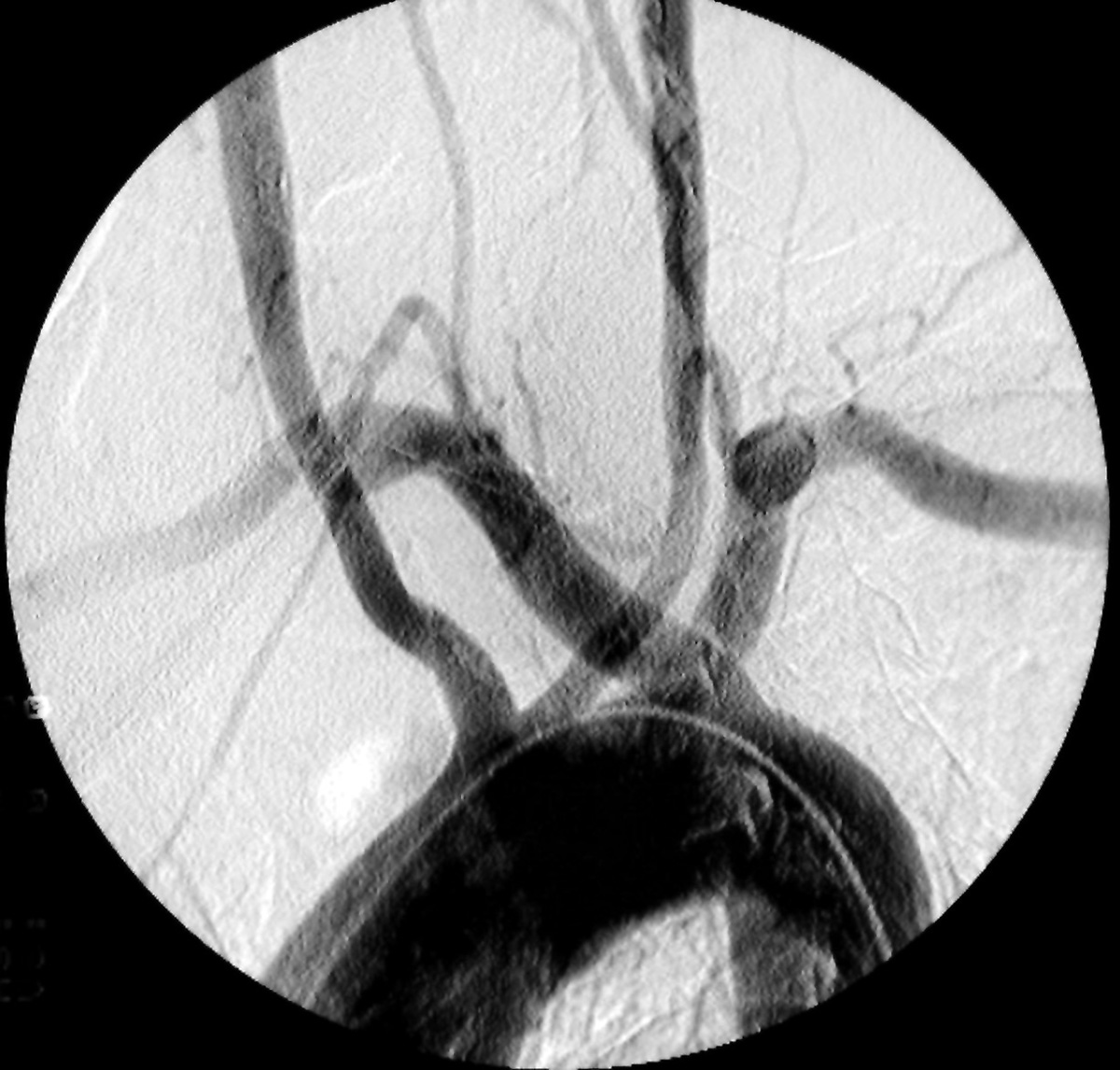
Dysphagia - Overview
Dysphagia is a term which refers to swallowing difficulties. In some cases people may have trouble when it comes to swallowing solid food while others complain about swallowing difficulties related to fluids. And there is one more group of patients, those who have difficulties in swallowing both, solid food and fluids.
Normal process of swallowing includes chewing of the food, its transfer to the back of the mouth to specific receptors. Once these receptors are activated the process of swallowing becomes automatic. Dysphagia is caused by damage to any of the structures which participate in the act of swallowing or damage to the nervous system and parts of the brain which control the act of swallowing.
There are two types of dysphagia, esophageal and oropharyngeal dysphagia. In esophageal dysphagia the food stays trapped in the esophagus and cannot reach the stomach. Oropharyngeal dysphagia features with difficulties transferring food to the back of the mouth and initiating the swallowing process.
Dysphagia Diet
After dysphagia has been diagnosed the treatment is prescribed by a team of health care providers including physicians, registered dietitians, psychologists, speech pathologists and occupational therapists. The treatment program is created for each patient individually.
Apart from identifying and treating the underlying condition, patients suffering from dysphagia must have adequate nutrition. It is essential to help patients swallow the food and prevent possible complications such as aspiration of food or fluids. There are five different diet levels and they are prescribed according to the severity of the condition. The classification of the diets is made due to specific characteristic of food such as food viscosity and texture.
The food must contain adequate amount of all nutrients, vitamins and minerals. It also has to be caloric enough. Some patients may not take proper amount of fluid or food and their diet must be adjusted. All patients suffering from dysphagia must take an adequate amount of fluids. Daily recommendations are 6 to 8 cups of liquid. This may be a significant obstacle for many patients suffering from dysphagia, particularly those who face difficulties when it comes to swallowing fluids. In this case the fluid may be thickened which makes the process of swallowing easier.
Patients suffering from dysphagia should maintain upright position whenever they eat or drink. It is recommendable for them to take small bites and eat slowly. During meals one must not talk. If one side of the mouth is weak, the food is supposed to be placed into a stronger half of the mouth. After each meal one should check for remnant food in the mouth. The act of swallowing may be much easier if one turns the head down, tucks the chin to the chest and bends the body forward. And finally, it is good to eat in relaxed atmosphere away from any distractions.

















Your thoughts on this
Loading...